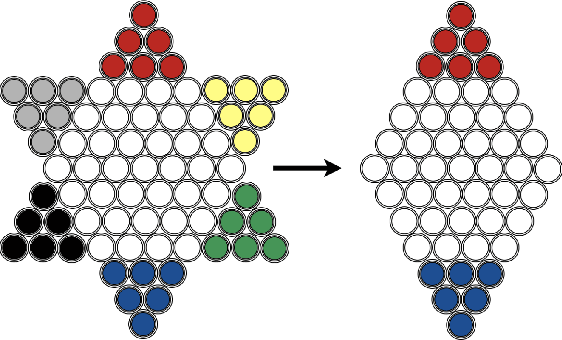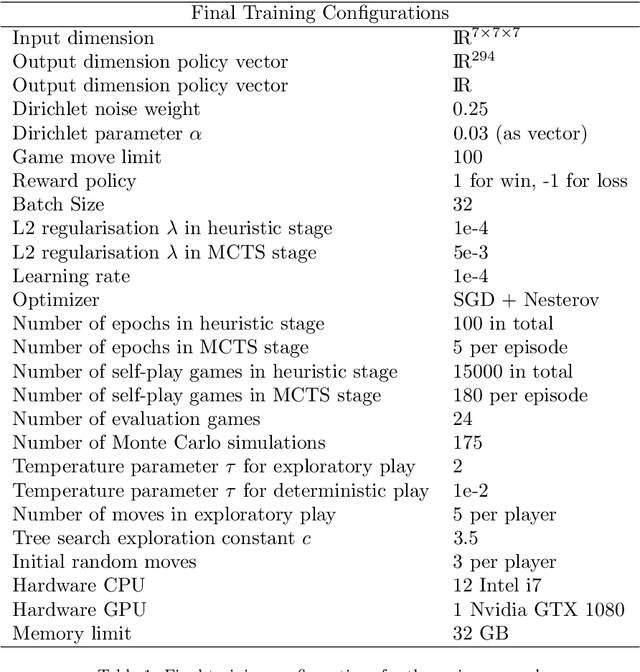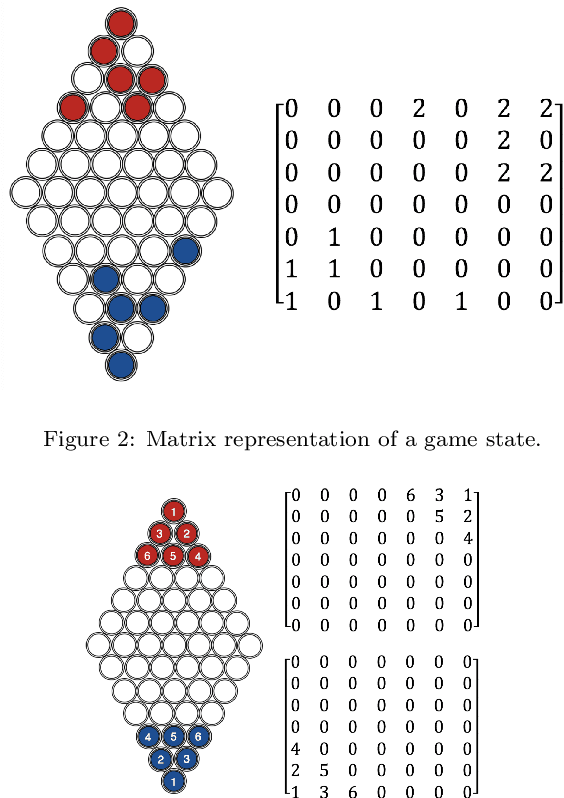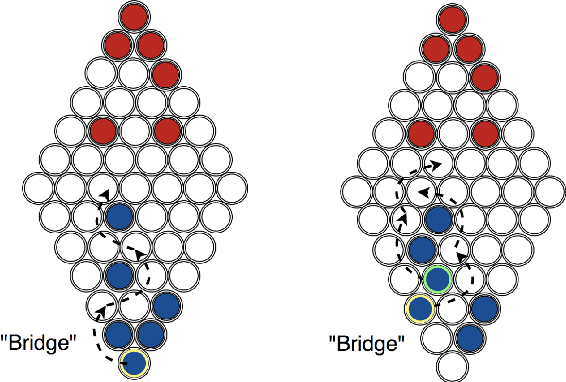Vera Yuk Ying Chung
Beyond Subspace Isolation: Many-to-Many Transformer for Light Field Image Super-resolution
Jan 01, 2024



Abstract:The effective extraction of spatial-angular features plays a crucial role in light field image super-resolution (LFSR) tasks, and the introduction of convolution and Transformers leads to significant improvement in this area. Nevertheless, due to the large 4D data volume of light field images, many existing methods opted to decompose the data into a number of lower-dimensional subspaces and perform Transformers in each sub-space individually. As a side effect, these methods inadvertently restrict the self-attention mechanisms to a One-to-One scheme accessing only a limited subset of LF data, explicitly preventing comprehensive optimization on all spatial and angular cues. In this paper, we identify this limitation as subspace isolation and introduce a novel Many-to-Many Transformer (M2MT) to address it. M2MT aggregates angular information in the spatial subspace before performing the self-attention mechanism. It enables complete access to all information across all sub-aperture images (SAIs) in a light field image. Consequently, M2MT is enabled to comprehensively capture long-range correlation dependencies. With M2MT as the pivotal component, we develop a simple yet effective M2MT network for LFSR. Our experimental results demonstrate that M2MT achieves state-of-the-art performance across various public datasets. We further conduct in-depth analysis using local attribution maps (LAM) to obtain visual interpretability, and the results validate that M2MT is empowered with a truly non-local context in both spatial and angular subspaces to mitigate subspace isolation and acquire effective spatial-angular representation.
Towards Understanding Chinese Checkers with Heuristics, Monte Carlo Tree Search, and Deep Reinforcement Learning
Mar 08, 2019



Abstract:The game of Chinese Checkers is a challenging traditional board game of perfect information that differs from other traditional games in two main aspects: first, unlike Chess, all checkers remain indefinitely in the game and hence the branching factor of the search tree does not decrease as the game progresses; second, unlike Go, there are also no upper bounds on the depth of the search tree since repetitions and backward movements are allowed. Therefore, even in a restricted game instance, the state-space of the game can still be unbounded, making it challenging for a computer program to excel. In this work, we present an approach that effectively combines the use of heuristics, Monte Carlo tree search, and deep reinforcement learning for building a Chinese Checkers agent without the use of any human game-play data. Experiment results show that our agent is competent under different scenarios and reaches the level of experienced human players.
 Add to Chrome
Add to Chrome Add to Firefox
Add to Firefox Add to Edge
Add to Edge